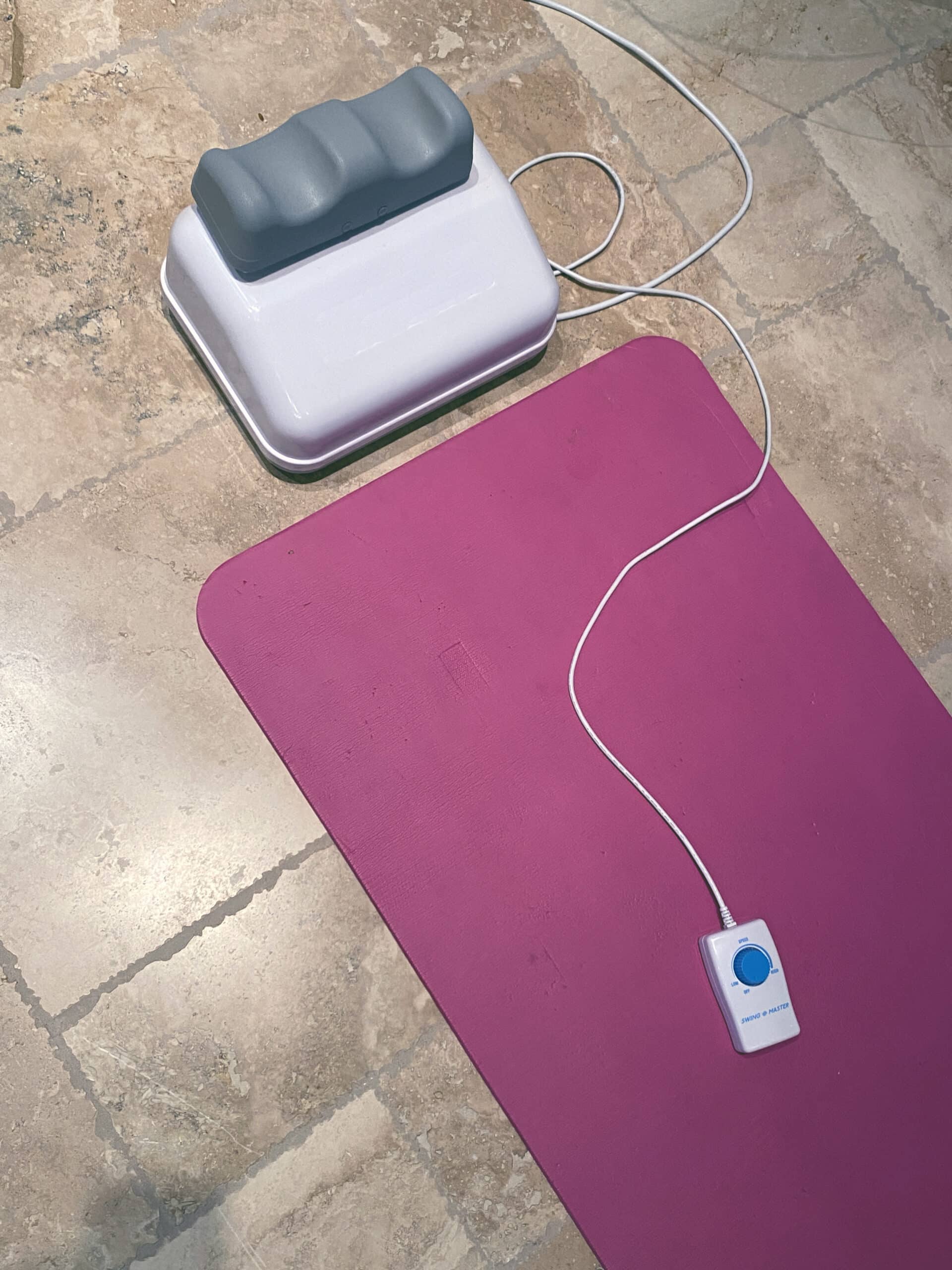Chronic Inflammatory Response Syndrome (CIRS) is a complex, multi-symptom condition that can significantly impact a person’s quality of life. It occurs when the body has an abnormal response to biotoxins, often from mold, bacteria, or other environmental factors, leading to a cascade of symptoms affecting various body systems. CIRS patients often feel isolated, misunderstood, and overwhelmed as they struggle to manage their health.
For those who love them—friends and family—providing the right support to CIRS patients can make a world of difference. Here are several key ways to offer compassionate and practical assistance to someone dealing with CIRS:

Educate Yourself About CIRS
Understanding what CIRS is and how it affects the body can go a long way in providing effective support. CIRS is not just “in the mind” or something easily treated by traditional methods. The symptoms are real and can include chronic fatigue, brain fog, joint pain, memory problems, and respiratory issues. By educating yourself about the condition, you can better empathize with your loved one’s experience and offer meaningful help. Look for reputable sources such as medical journals, patient stories, and resources provided by CIRS experts.
Be Patient and Non-Judgmental
One of the hardest parts of living with CIRS is the feeling of being misunderstood. Symptoms can be invisible and fluctuate, making it hard for others to understand the level of suffering involved. Friends and family may need to be extra patient, offering encouragement without pushing for “normal” behavior or expecting quick recoveries. Let your loved one set the pace for activities and rest, and never judge them for needing breaks or declining social invitations. Offering emotional support and understanding can help prevent feelings of isolation and frustration.
Create a Comfortable Environment
For CIRS patients, environmental factors play a significant role in managing symptoms. Certain toxins, like mold or strong chemicals, can exacerbate their condition. As a supportive friend or family member, you can help by making the living space as conducive to healing as possible. This may include eliminating mold or allergens, ensuring proper ventilation, or using air purifiers to reduce environmental stressors. Offering to help with home cleaning or even making sure that their personal space is calm, quiet, and toxin-free can be a huge relief.
Offer Practical Help with Daily Tasks
CIRS can make even the simplest daily tasks feel overwhelming. The fatigue, brain fog, and pain that often accompany CIRS can make it challenging to maintain normal routines. Offering to assist with chores—whether it’s grocery shopping, cooking, or helping with housework—can provide practical relief. Even offering to drive them to appointments or help research medical treatments can be immensely helpful.
Be Mindful of Their Emotional Well-Being
Living with a chronic condition like CIRS can take a significant emotional toll. It’s easy to become discouraged when progress feels slow or when symptoms seem to worsen. As a friend or family member, providing a safe space to vent and process feelings is important. Listen without offering unsolicited advice or dismissing their feelings. Sometimes, the most valuable thing you can do is simply be there to listen, offering comfort and validation without trying to fix the problem.
Help Maintain Social Connections
Isolation can become a significant issue for CIRS patients, especially when they struggle with physical limitations or fatigue. Encourage socialization, but be mindful of their energy levels and how they might be feeling. Sometimes, it’s about offering low-stress opportunities to connect, such as a quiet movie night or a phone call. Avoid pushing them to attend large gatherings or events that could overwhelm them. Small, thoughtful gestures like sending a text, dropping off a meal, or inviting them for a short walk can show them they are still cared for and valued.
Respect Their Treatment Choices
CIRS is a complex condition that requires an individualized treatment plan. Some patients may seek conventional treatments, while others might explore alternative therapies. It’s essential to respect your loved one’s choices when it comes to managing their health. Avoid pressuring them into specific treatments or suggesting things that may not align with their current approach. Instead, offer support by encouraging them to stick with their treatment plan and assisting them in keeping up with appointments or medication regimens.
Offer Emotional Resilience
The psychological impact of dealing with a chronic illness like CIRS is real. Depression, anxiety, and frustration often accompany the condition. Remind your loved one of their strength and resilience, even when they might not see it in themselves. Offer encouragement and optimism, but avoid offering empty platitudes like “you’ll get better soon.” Instead, acknowledge their struggles and remind them that healing takes time, and it’s okay to have setbacks. Supporting emotional resilience means being a consistent presence and validating their experience, no matter how long it takes.
Help with Research and Resources
Navigating the world of CIRS can feel overwhelming, with conflicting information and treatments available. If your loved one feels comfortable, offer to help with research. This could mean helping to find trusted doctors who specialize in CIRS, connecting them with support groups or patient communities, or tracking the latest studies and treatments. Knowledge is power, and by helping them stay informed, you empower them to make the best decisions for their health.
Encourage Self-Care
Self-care is an essential part of managing any chronic illness, and CIRS is no different. Encourage your loved one to prioritize their well-being by practicing self-care in ways that help them manage stress and recharge their energy. Whether it’s through meditation, gentle exercise, spending time in nature, or simply getting more rest, supporting them in making self-care a priority can help them build resilience against the challenges of the condition.
Conclusion
Supporting someone with CIRS is a journey that requires understanding, patience, and a willingness to adapt to their needs. By educating yourself, providing practical help, creating a comfortable environment, and being emotionally supportive, you can make a real difference in the life of someone with CIRS. The key is to show up with empathy, be consistent in your support, and offer your presence in ways that let them know they are not alone in their fight against this challenging condition.






